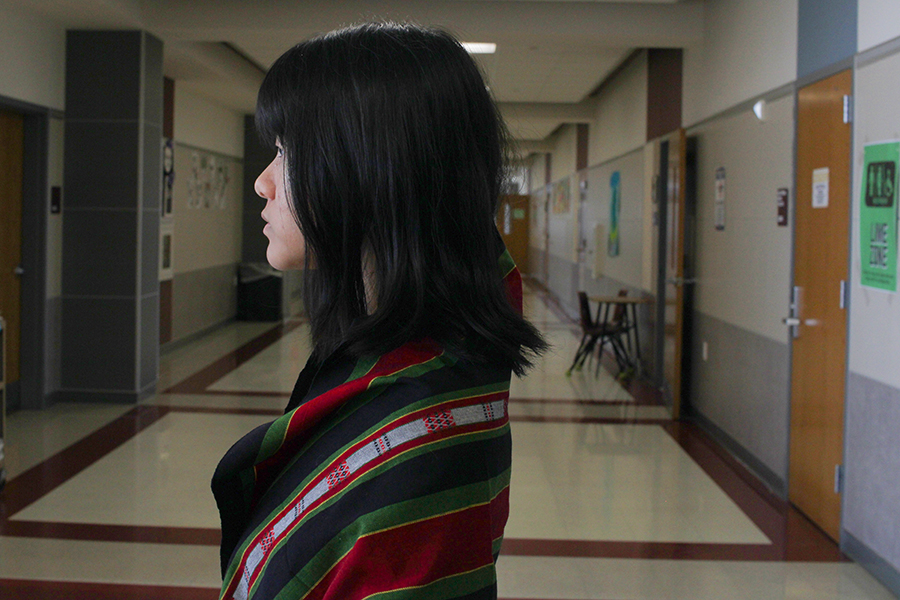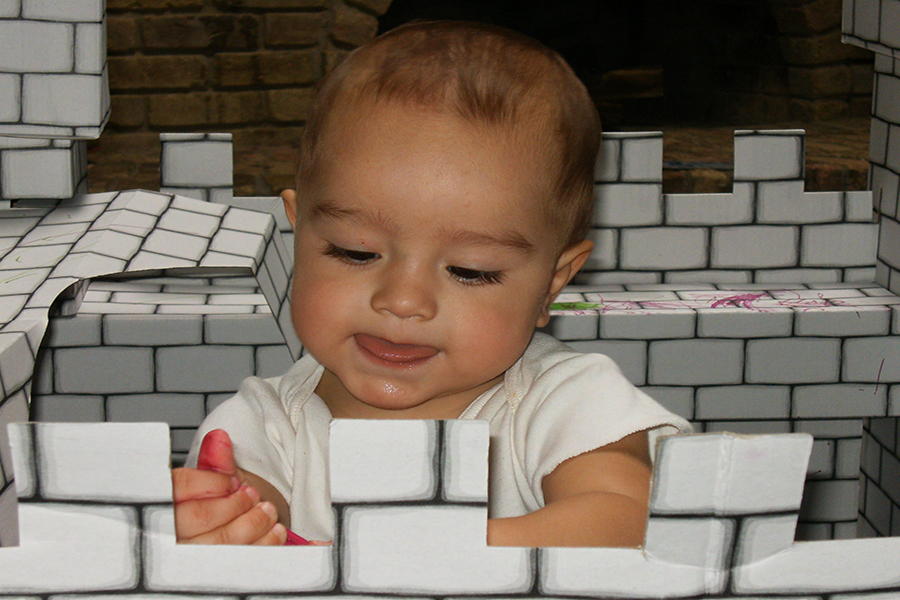The effects of the COVID-19 pandemic have greatly affected every kind of person whether it was psychological or physical. As with any tragedy, there is a film expected to depict the effects of the pandemic. “Kimi” seems to have taken that mantle as it illustrates Angela Child (Zoë Kravitz) as an agoraphobic tech worker, for a virtual assistant company called “Kimi,” which requires her to work from home due to COVID where she then discovers a violent crime.
First off, filmmaker Steven Soderberhg is an ambitious director who’s willing to make innovative experiments in filmmaking. From shooting films on an iPhone to, as in this case, shooting a movie during a pandemic and applying it to the plot. It may seem tacky at first, but it works its way through in “Kimi.” This is no surprise as Soderbergh previously directed “Contagion,” a film that depicts a fictitious pandemic. But also with Soderberhg, a lot of his films in his long filmography are mostly hit or miss.
“Kimi” suffers from underdevelopment. Everything seems to be there and waiting for a moment to shine, but it falls flat. Kravitz’s performance as Angela Childs was good with the little she was given. The many quirks of her make the audience feel for this character early on, but later down the line, everything falls apart. The direction is decently done but all of this is to blame at the screenplay by David Koepp. Same as Soderberhg, his writing can be erratic.
One of the more undeveloped characters who could’ve had so much potential was Terry Hughes (Byron Bowers), Angela’s boyfriend. They must have had one of the most uninteresting relationships in a movie in a long time. By the end, audiences are left wanting more. No chemistry is present between the two and it leaves a wonder as to why they even like each other.
Plot convenience is also a major element this movie completely falls in. There’s a protest group in the movie earlier on that serves as a realistic element to the pandemic, but later on, once the viewer sees the build up to their importance it just leaves. It doesn’t go back to it. The character of Kevin (Devin Ratray) serves absolutely no point besides saving Angela. The writer shoehorns in a reason to his motivation, but it’s soulless and anticlimactic. He’s presented in the beginning but is completely forgotten throughout the middle, to be back all the way at the end.
A lot of characters like Kevin didn’t really have a proper conclusion to them. The movie just abruptly ends as soon as the climax ends. We see little of the consequences that the events create, but we don’t get a satisfying close on Angela. She’s just suddenly all well without more psychological traumas that she already has. Angela’s mother (Robin Givens), who’s underused, doesn’t reappear at the end after knowing her daughter is in danger. Some could say it’s left up to interpretation but there wasn’t enough care put into her despite her emotional connection to the protagonist for the audience to even think of something.
The cinematography by Soderberhg himself captures the anxiety of Angela in a redundant way that gets old quickly. From time to time you’d get a well-lit wide shot to then a horrible angle of something so simple as a reaction.
The use of Kimi was one of the many highlights of the film. It’s a simple plot device but fairly effective. Angela uses it to its advantage which makes pretty memorable scenes. Since it’s also inspired by Amazon Alexa, there can be some relatable situations where the device can act back.
After all “Kimi” presents an Alfred Hitchcock-esque thriller that takes place in the pandemic reality in an extremely uninspiring way. Overall this movie deserves a 5/10, with a few more rewrites and revisions this movie could’ve had potential.





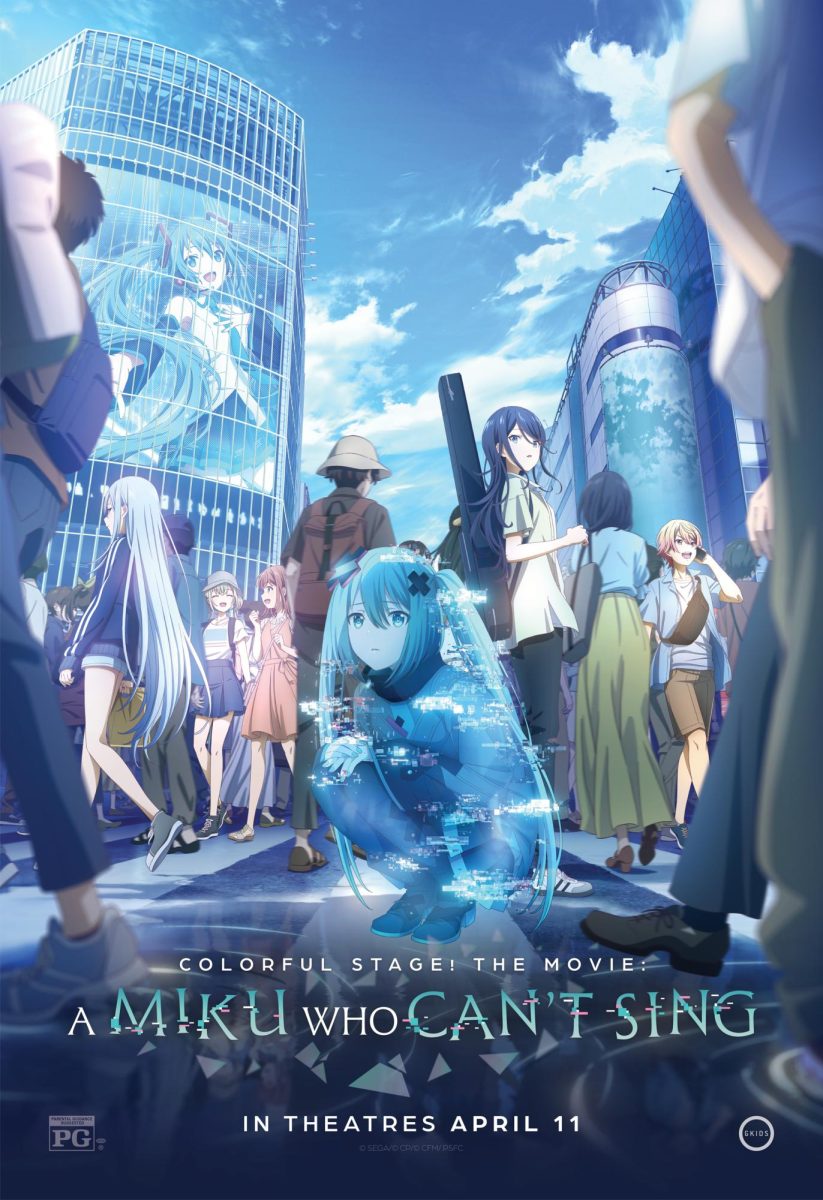


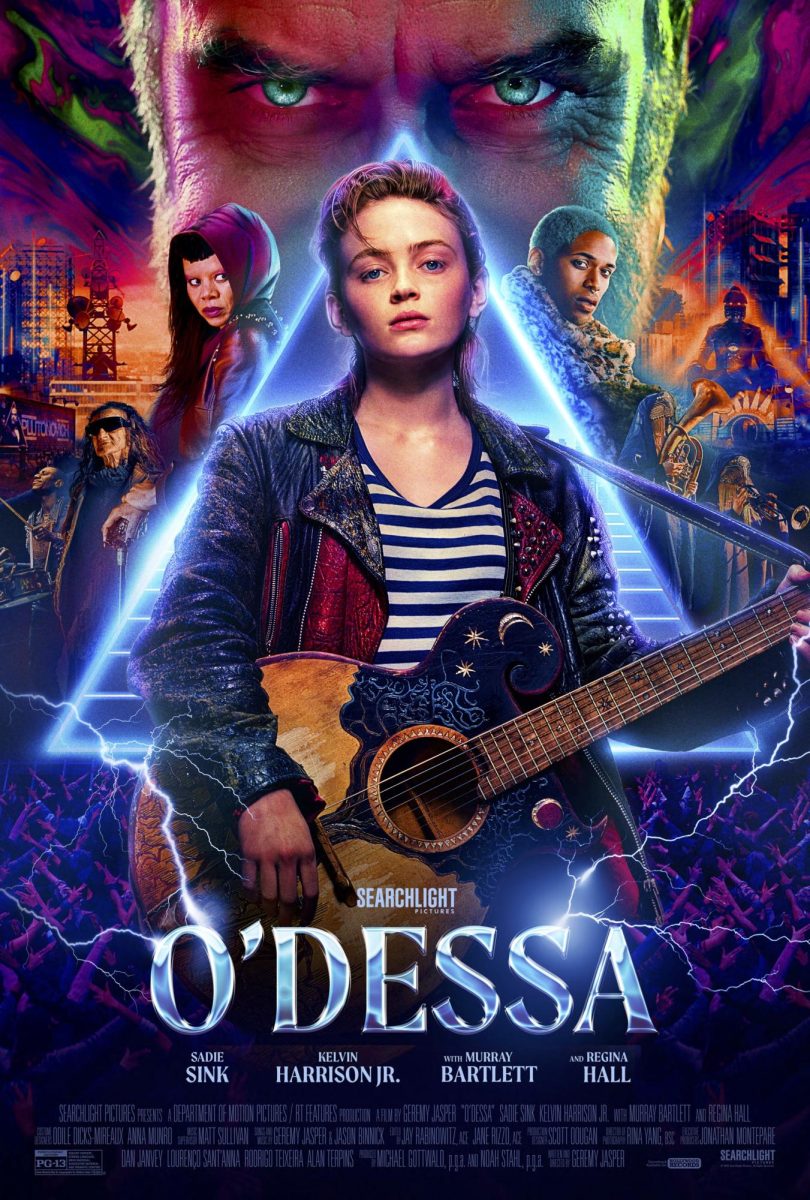

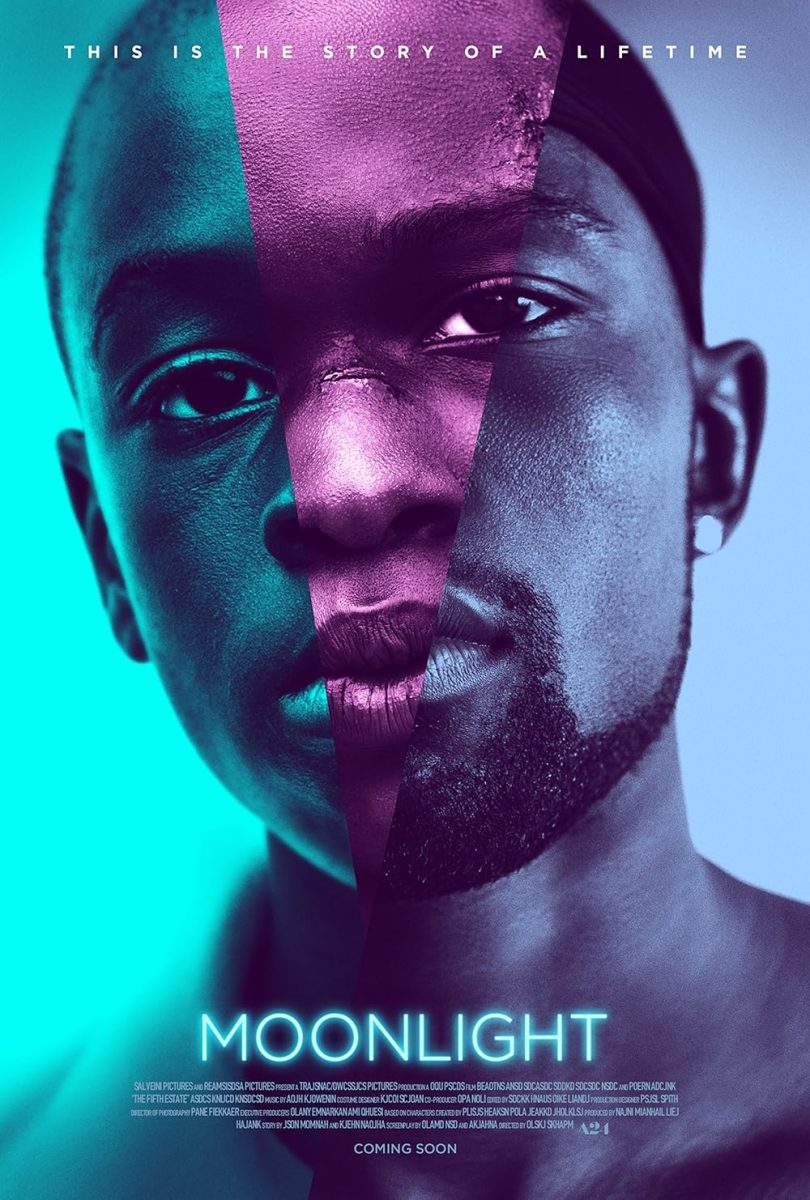




!["I hope to become fond [of] and understand the new dynamic of a life where I don't really have boundaries set by another person, but rather more of a liberal freedom."](https://farhar.net/wp-content/uploads/2025/05/topten9.jpg)

